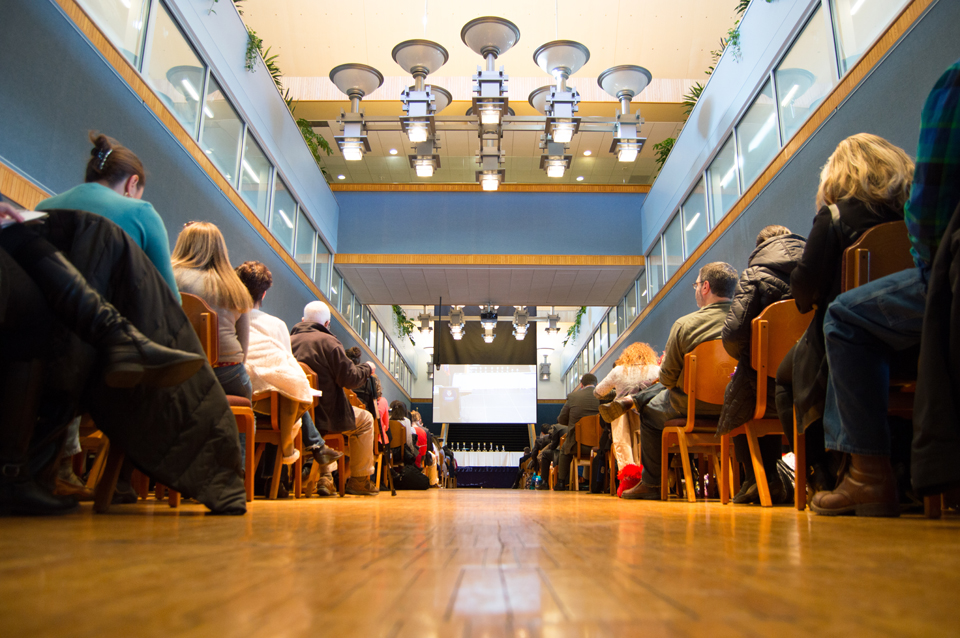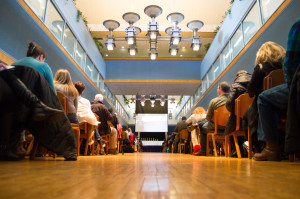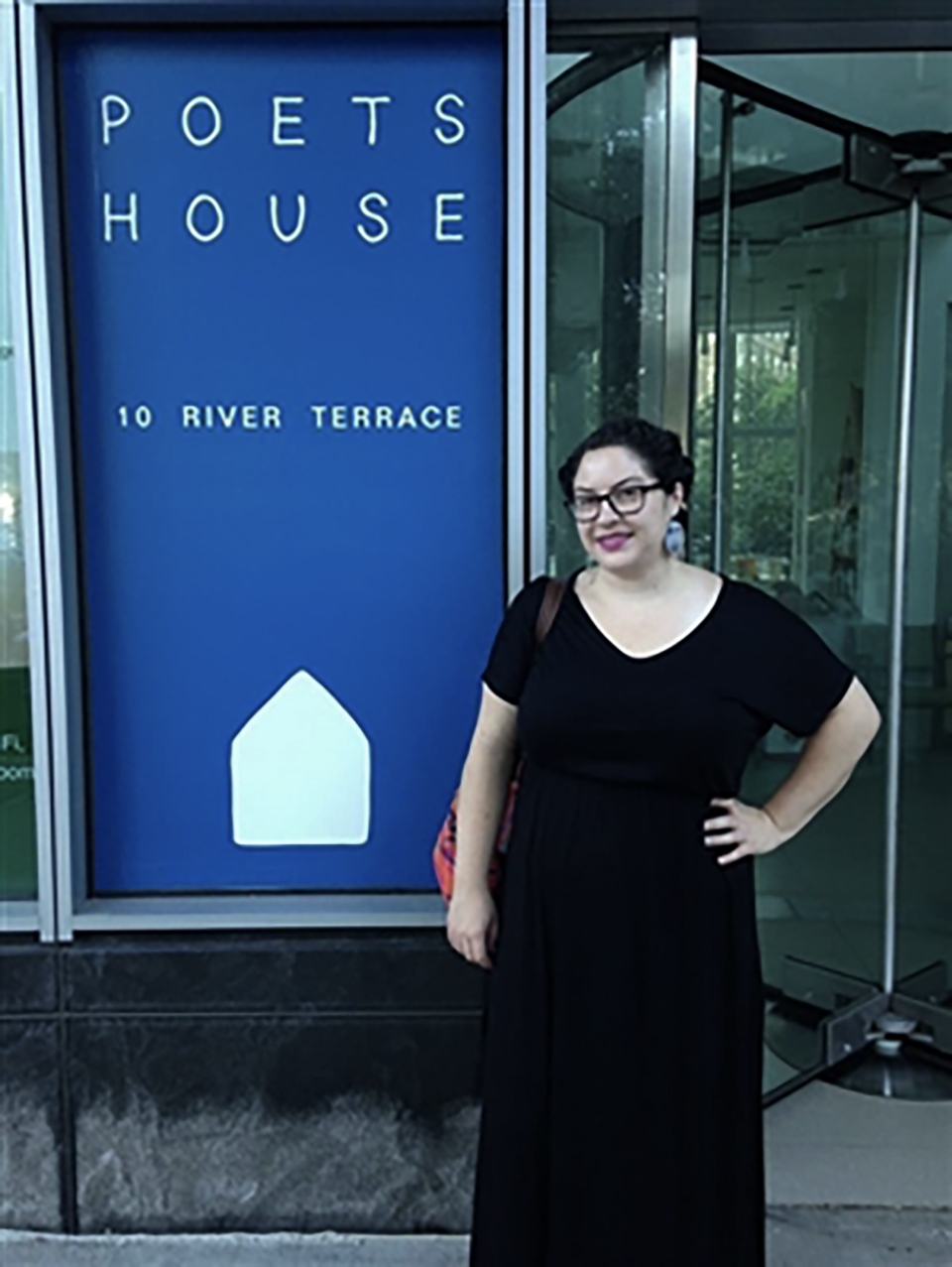

Middle and high school students gather with their parents and teachers in the union ballroom on Feb. 6 to await the PJAS competition awards ceremony.
By Casey Chafin | The Duquesne Duke
Middle and high school students in suits and dress clothes swarmed Duquesne’s campus Saturday morning in a quest to show off their scientific knowledge as part of the Pennsylvania Junior Academy of Science regional competition.
Nearly 800 students presented their projects to judges on a variety of topics, including chemistry, biology and environmental science.
Seventh grader Tru Styles from the Campus School of Carlow University said he had fun at the event, and got to meet a lot of new kids when he was not presenting his experiment.
“My project was, ‘Do Topical Antibiotics Slow or Stop E.coli Bacteria?’” Styles said. “I used four antibiotics and water, and I saw if it stopped the growth.”
Isaac Davies, a junior physics and engineering major at Duquesne, volunteered as a judge for the event. He said he was impressed with the caliber of presentations he heard throughout the day.
Davies said one presentation from a seventh grader depicted a physics law that usually is not covered until sophomore year of college.
The day concluded with an award ceremony in which each student was given a certificate for either first, second or third prize, based on their average score from the four judges who heard the student’s presentation.
Sue Morgan, PJAS regional director, said the event went well despite the hectic weeks leading up to the competition.
“We start this in August, we meet with Duquesne once a month, and in the last two weeks it’s chaos,” Morgan said.
She said the judges assigned them a score of one through five across several categories, and roughly 20 people received perfect scores.
“[The students] just follow the scientific method, they ask a question, do some background research, create a hypothesis … the whole deal,” she said. “And then they do their experimentation, they tell their teacher ‘I’d like to go to PJAS,’ and the teacher registers the school.”
She said Central Catholic in Oakland was the most highly represented school, with 68 students in attendance.
PJAS has 12 regions throughout the state, and all first prize winners will go on to present at the statewide event at Penn State next month.
Davies participated in PJAS in middle school, and received first prize at states in seventh grade. He said PJAS is valuable because of the feedback it provides students.
“I thought it was really cool because it gave me an opportunity to give these kids a critique of their experiment” he said. “I think it’s really good for people who want to go into things like research and development.”
Colleen Moosman, a seventh grader at Providence Heights Alpha School, tested whether or not colors can help enhance memory, and if so, which ones.
“For females, it does, color does help us,” Moosman said. “But for males, the difference was very small, so it doesn’t really matter. I’m not really sure about this, but I think there’s one part in the occipital lobe that controls memory of humans and attention spans.”
Moosman and her classmate Macy Worrall, who conducted a similar experiment which showed photos of puppies can help enhance memory for some people, both received first prize for their presentations.
This was the 82nd year for the PJAS and the third consecutive year the competition has been
held at Duquesne.



